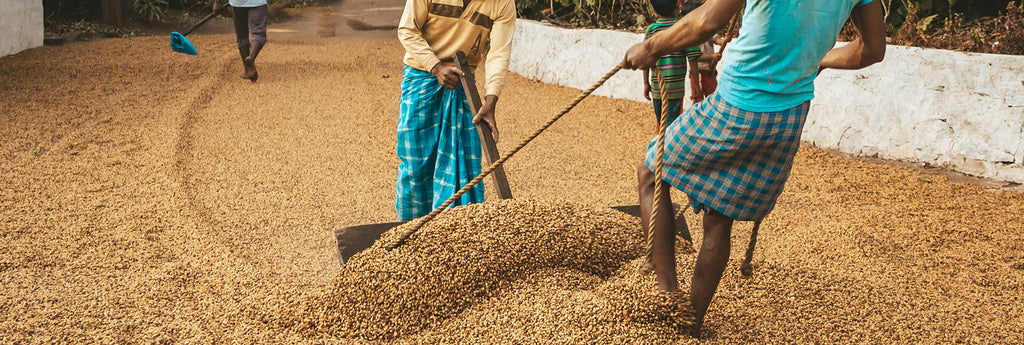Innovation is the backbone of a thriving coffee industry. Without progress and new inventions, the momentum of growth that coffee professionals experience can decline.
Previously, we have looked at how the Indian coffee industry has progressed and what we can hope to see in the future.
Being months into the new year, it’s time to reflect on what is new in the Indian coffee landscape over the past few years.
Market Trends
Specialty coffee has been gaining more and more attention worldwide. With the increase in disposable incomes, the value add that specialty coffee promises justifies the upgrade for many coffee consumers.
From better flavour profiles to the guarantee of ethical sourcing, there’s no denying that being a part of the specialty coffee community makes coffee lovers more conscious consumers.
In India, specialty coffee was once a small segment of the market. Over the past few years, there’s been a sizable increase in the at-home and out-of-home specialty coffee consumption. Said to be growing at a CAGR of 13.6% between 2025-2030, the market value is forecasted to be $6,280.2 million in 2030.

And it’s not just the specialty coffee movement that has become mainstream in the country. Many coffee enthusiasts are also showing their support towards artisanal coffee.
Achievements
TasteAtlas, a food platform released a list titled 65 Best Coffees in the World. And guess what? Indian filter kaapi ranked second, preceded by Cuba’s Cafe Cubano. These ranks are awarded based on ratings, depicting just how much people love drinking filter kaapi.
Yet another achievement that boosts India’s coffee industry is that in 2024, the country crossed $1 billion in export value for the first time. A report by the Ministry of Commerce states that 2024 also marked a 50% increase in exports. This shows the rising global demand for Indian coffee.
Product Innovation
While the portable espresso machine was invented in the early 2000s, it wasn’t a mainstream product in India for a long time.
Today, with companies like Tata, Wacaco, and Caramelly producing handheld, nano espresso machines, coffee lovers don’t have to pass up on drinking espresso beverages even on the go. Although some say there is a difference in the quality of shots pulled by a portable espresso machine, those who don’t have much space in their house to accommodate a fancier setup or can’t spend time maintaining it would naturally think of these mini espresso devices as a great choice.

In another landmark move, the Coffee Board of India has also launched GI-tagged coffee drip bags. This is an attempt to integrate the consumers further in the bean-to-cup journey by ensuring that the end users have a way of tracing their cup of joe all the way back to the origin.
Specialised Workforce
The people working in the coffee supply chain essentially lead the industry forward. Ultimately, the industry is only as strong as its workforce. Many attempts are being made to guide farmers, roasters and baristas so that the value of Indian coffee rises on a global scale.
There has been an increase in several coffee championships ranging from latte art to barista competitions.
Recent news states that the Coffee Board of India will be introducing its own certification process and standards to govern the growth and distribution of Indian coffee. This move is an effort to help Indian coffee producers who have had to adhere to international standards despite their coffee being grown in different conditions.
With the new standards, the producers can focus on maintaining the quality of their produce. What’s more is that coffee growers can now avoid the high certification costs, thereby ensuring more Indian coffee is certified as per the new rules.
In 2024, the India International Coffee Festival also grew in scale from a biannual to an annual event. The first edition of this renewed event was held in December 2024 in the city of Bengaluru wherein National Barista Championship, Coffee In Good Spirits, Indian Filter Coffee Championship, and National Brewers Cup was held.

Leave a comment: